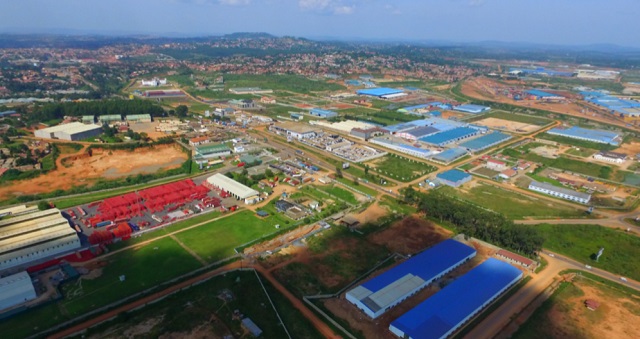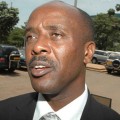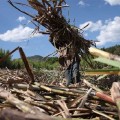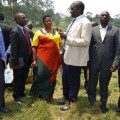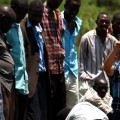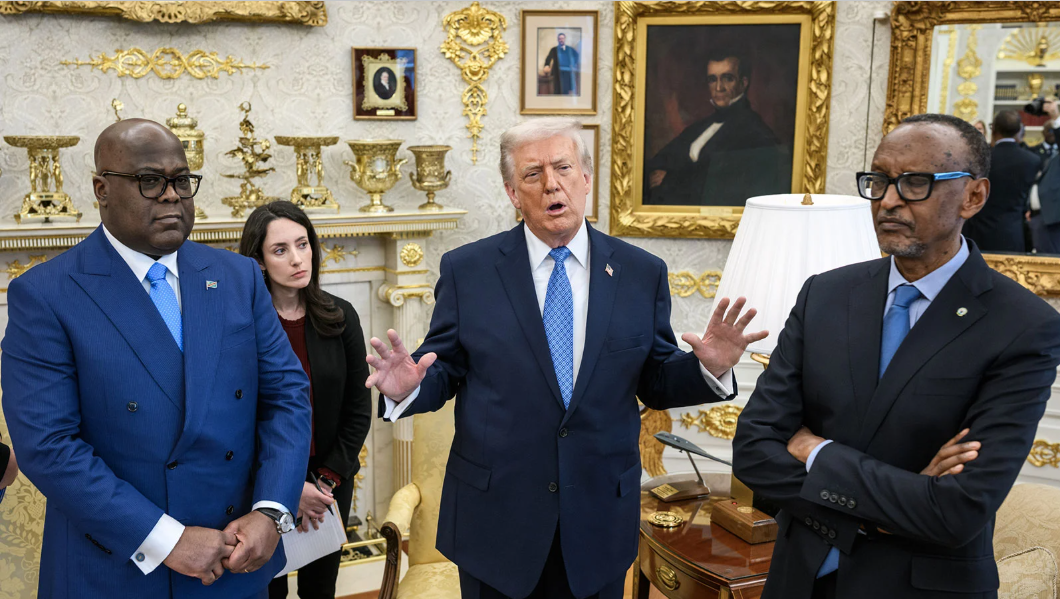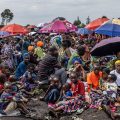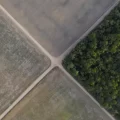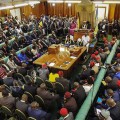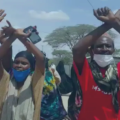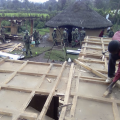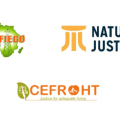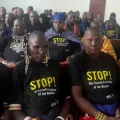| MUBATSI ASINJA HABATI | The sprawling Kehong Farm in Lubenge in Luweero district produces rice, bananas, eggs, and chicken meat. It is the pride of the area with its Chinese machines and scientific methods and a promise of over 30,000 jobs when fully operational.
But the success has a sting in its tail that President Yoweri Museveni appears unable to escape from. The 1,000 hectares on which Kehong Farm sits is partly what is technically called a `wetland’; an area of land that is permanently or seasonally water-logged. That means it is a protected area under the law and no development is allowed on it under the National Environment Management Authority (NEMA) guidelines.
But somehow, the Chinese Kehong Group acquired the land in 2016 as the China-Uganda Agricultural Cooperation Industrial Park and the farm was officially opened by President Museveni amidst protests from environmental activists.
Meanwhile, almost in panic mode, the Minister of State for Environment; Beatrice Anywar, is daily seen threatening to evict ordinary Ugandans who occupy wetlands. She recently embarked on a tour in Kalungu district, under heavy police escort, ordering peasants on tiny half acre patches to vacate wetlands or else they will be forcefully evicted.
Minister Anywar’s threats to peasants in wetlands and President Museveni’s embrace of big Chinese farms in the same wetlands appear to be a contradiction but they may not be. It appears that if you have the right sums of money or the right Godfather, you are above the Uganda wetland laws.
“The people who build factories in wetlands have godfathers in the central government,” says the Luweero district Chairman Ronald Ndawula.
Ndawula was attempting to explain to The Independent why, in his view, presidential directives on wetlands are never implemented.
He was commenting on a June 04 speech in which President Museveni condemned investors who build factories in wetlands.
While giving his annual State of the Nation Address, Museveni mentioned several areas where factories have been built in wetlands and called that “a mistake”.
“We want more and more factories, but build on dry land, not the wetlands,” the President said.
Then he added: “Those already built or being built should be allowed to continue. Demolishing an already built factory is not common-sense. They are very expensive and very useful.”
Perhaps unknown to the President, his comments reinforced an already entrenched practice which has seen some investors constructing at breakneck speed in wetlands, including at night. The goal is to ensure that their development is up and, therefore, unbreakable.
Arthur Bainomugisha, executive director of Advocates Coalition for Development and Environment (ACODE), a non-government organisation, says what appears to be defiance is actually a reflection of how politics has killed institutions.
“I think the institutions charged with managing the environment have been weakened. And they have been weakened by politics. The legal regime is in place but politics always interferes with NEMA’s activities,” Bainomugisha says.
As a result, factories of varying beautiful designs, size, and function have been built in wetlands all over the country. Driving along major highways leading out of Kampala and other towns and urban centres, one sees rows upon rows of steel framed factory buildings and sprawling farms in former wetlands.
On the Kampala Jinja highway, for example, one can count hundreds of such factories. Such factories include Abacus Parenteral Drugs Ltd (APDL), Tian Tang Group, Global Paper, Landy and others. Uganda’s main industrial park, in Namanve outside Kampala lies on 1000s of hectares of what were once wetlands.
The factories produce goods previously imported into the country, making them cheaper and available. Some of the products are being exported, bringing in the much needed foreign currency.
Tian Tang Group produces metal products such as iron bars and steel sheets, APDL produces infusion products like IV fluids, eye, ear and nasal drops. Such economic gains appear to dwarf any environmental benefits from wetlands that conservations speak of. No wetland is safe.
Environmentalists argue that construction in wetlands deprives the marshland of its water storage and filtration roles, kills plants and animals whose only habitats may be a wetland. But these benefits are indirect, almost invisible while the money from salaries of factory workers, taxes, and sale of products areas are as visible as the clouds of dark smoke fuming from the factory chimneys.
Effects of encroachment on wetlands
There was a time when almost 16% of Uganda’s surface area was wetland. Since building factories in wetlands became normal, it is not clear how much of the remains.
The latest Biomass study indicates that in the last 15 years, the country has lost 569,021 hectares of wetlands in various parts of the country.
The 2019 water and environment sector review report shows that the wetland cover has reduced from 15.6% in 1994 to 8.4% in 2019.
A 2015 study by researchers at Makerere University states that 56% of the original Nakivubo wetland in Kampala had been modified, mainly due to industrial development and small-scale farming.
Another study by World Bank study found that the eight major wetlands in Kampala district declined from 18 percent to 9 percent of the area between 2002 and 2010.
Across the country, urbanisation, industrial development and agriculture have spurred swamp losses, influencing the rise of severe flash floods; particularly in eastern Uganda. They destroy infrastructure, homes and crops. People drown.
There are 25 major wetlands systems in the country that treat wastewater and serve as a source of safe water for local communities, according to the Wetlands Management Department. But data from Uganda’s Ministry of Water and Environment indicates that up to 30% of Uganda’s wetlands were lost between 1994 and 2008. In this period, Uganda’s wetlands reduced from 37,575.4 sq. km in 1996 to 26,307.7 sq. km in 2008.

 MEDIA FOR CHANGE NETWORK2 weeks ago
MEDIA FOR CHANGE NETWORK2 weeks ago
 FARM NEWS2 weeks ago
FARM NEWS2 weeks ago
 MEDIA FOR CHANGE NETWORK1 week ago
MEDIA FOR CHANGE NETWORK1 week ago
 MEDIA FOR CHANGE NETWORK1 week ago
MEDIA FOR CHANGE NETWORK1 week ago
 MEDIA FOR CHANGE NETWORK4 days ago
MEDIA FOR CHANGE NETWORK4 days ago
 MEDIA FOR CHANGE NETWORK6 days ago
MEDIA FOR CHANGE NETWORK6 days ago
 MEDIA FOR CHANGE NETWORK3 days ago
MEDIA FOR CHANGE NETWORK3 days ago
 MEDIA FOR CHANGE NETWORK2 days ago
MEDIA FOR CHANGE NETWORK2 days ago
